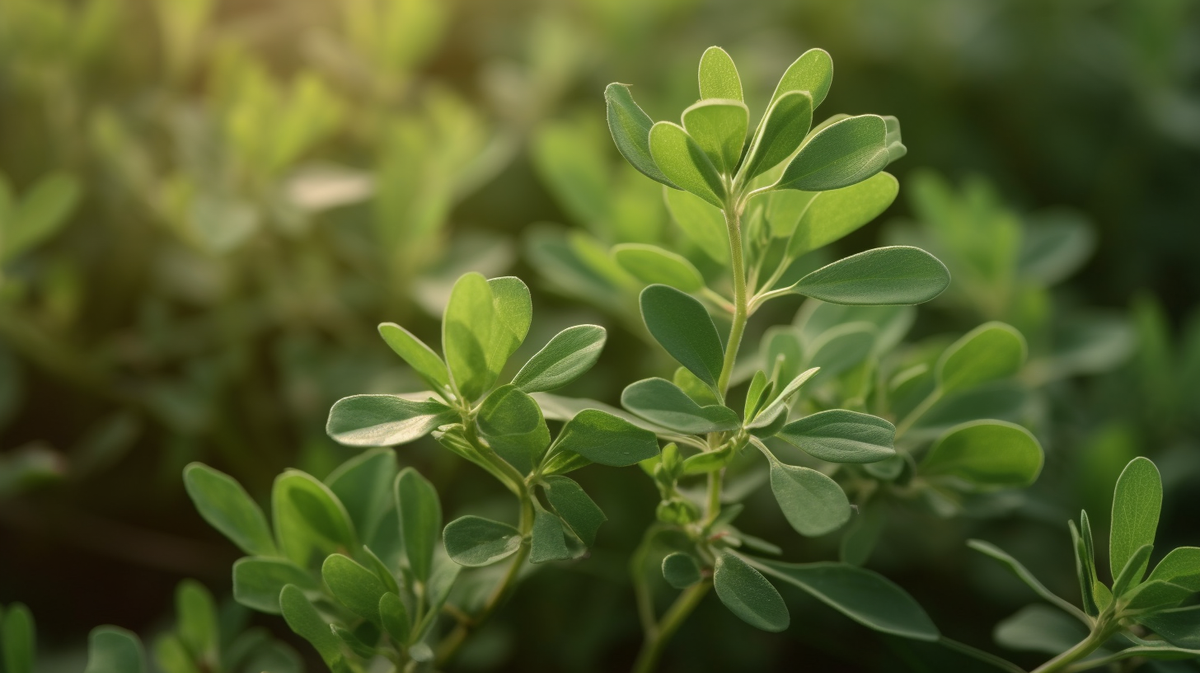Alfalfa
- Greens & Beans
Alfalfa (Medicago sativa) has roots that can reach 20 feet deep, accessing water and nutrients from lower soil layers, making it drought-resistant. Alfalfa partners with Rhizobia bacteria to convert atmospheric nitrogen into plant-usable form, enriching soil and aiding crop rotation. Alfalfa (Medicago sativa) is a highly nutritious flowering plant cultivated for centuries. Alfalfa is rich in essential vitamins and minerals, such as vitamins K, C, E, A, riboflavin, niacin, calcium, potassium, and iron. Additionally, alfalfa contains antioxidants like flavonoids, saponins, and phytoestrogens that protect cells from damage caused by free radicals, lowering the risk of chronic diseases such as heart disease, cancer, and neurodegenerative disorders. Its natural phytoestrogens may also help regulate hormone levels, benefiting menopausal women by reducing symptoms and supporting bone health. Moreover, the high vitamin K content in alfalfa aids in calcium absorption, prevents bone loss, and supports cardiovascular health through its role in blood clotting.
References:
Gómez-Zorita, Saioa et al. "Scientific Evidence Supporting the Beneficial Effects of Isoflavones on Human Health." Nutrients, vol. 12, no. 12, 2020, article 3853. DOI: 10.3390/nu12123853.
"Alfalfa." Drugs and Lactation Database (LactMed®). National Institute of Child Health and Human Development, Bethesda, MD. 2006. Accessed 21 June 2021. PMID: 30000890. Bookshelf ID: NBK501830.
